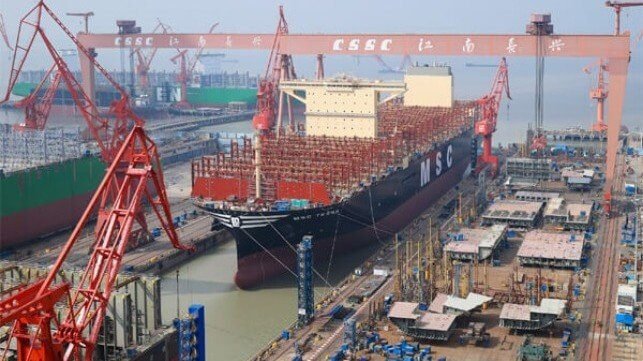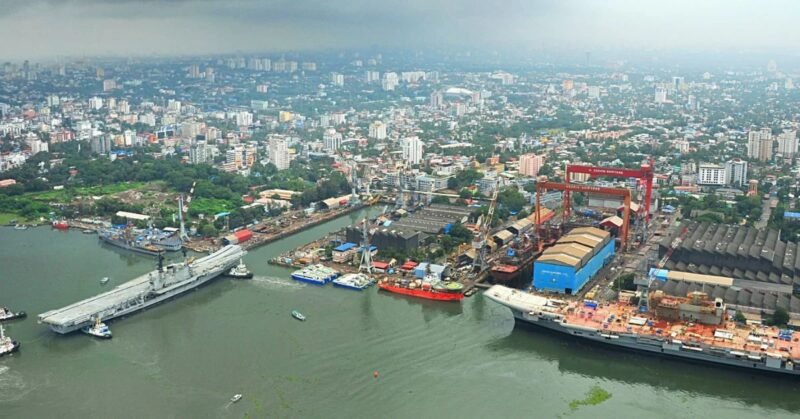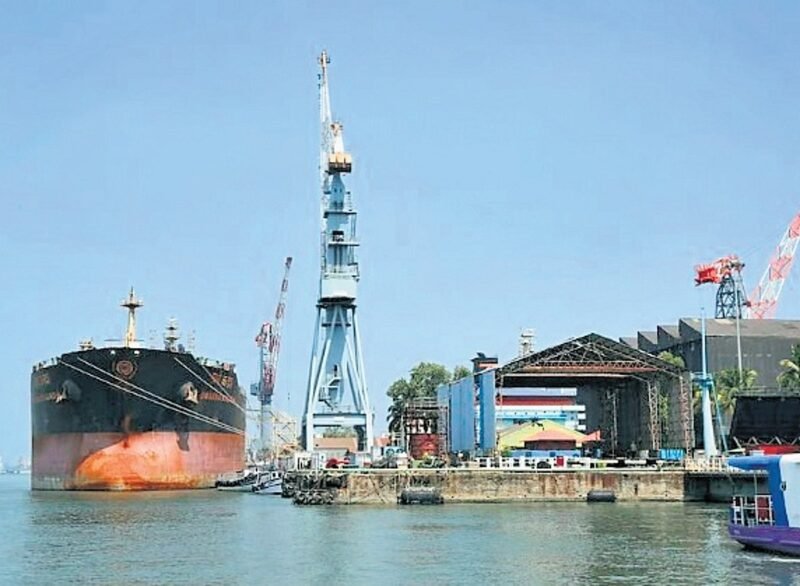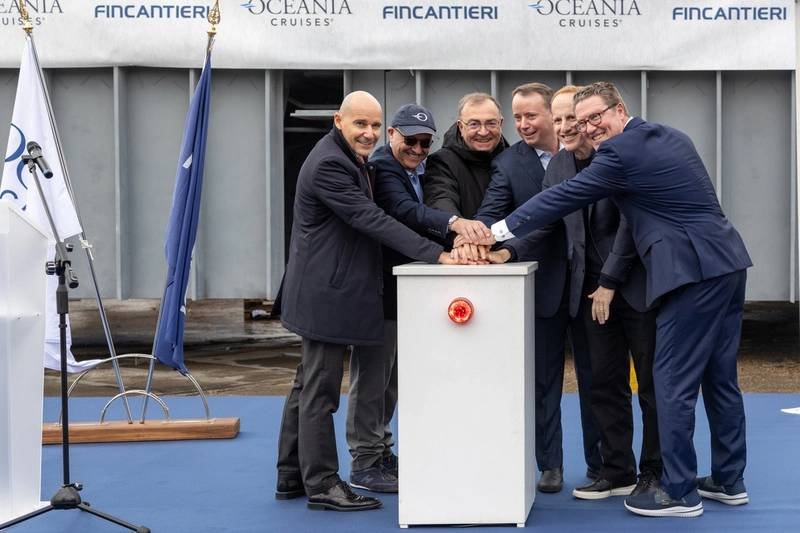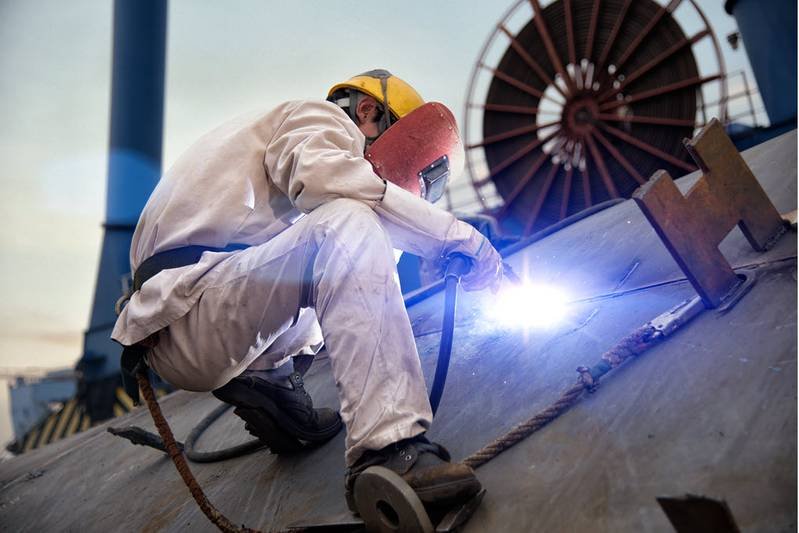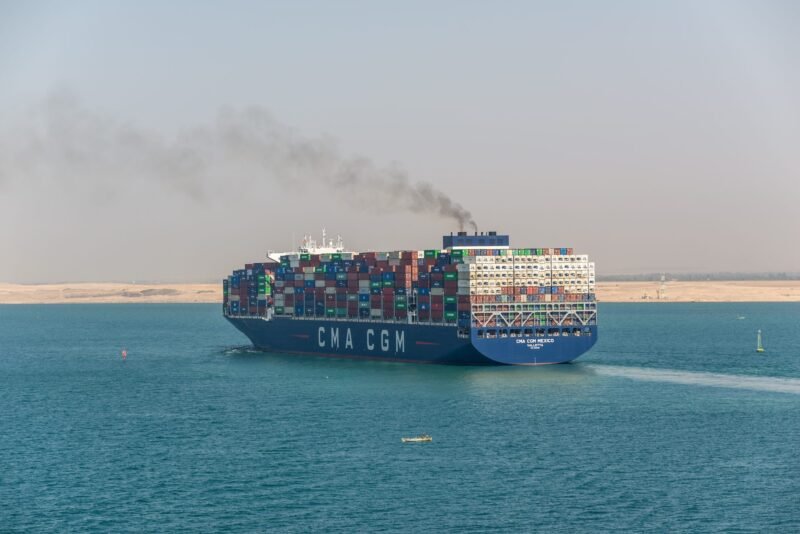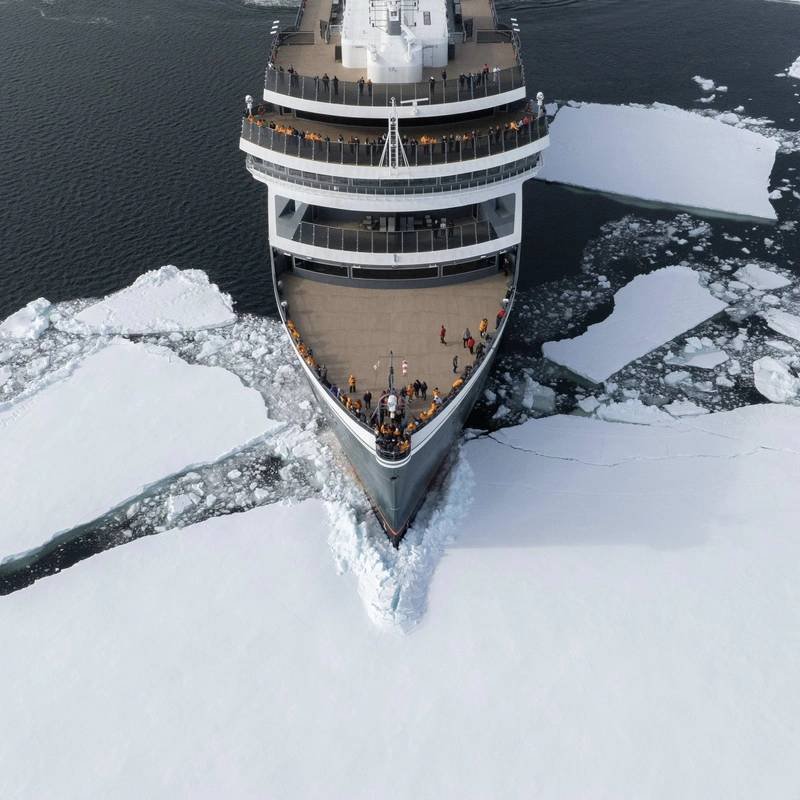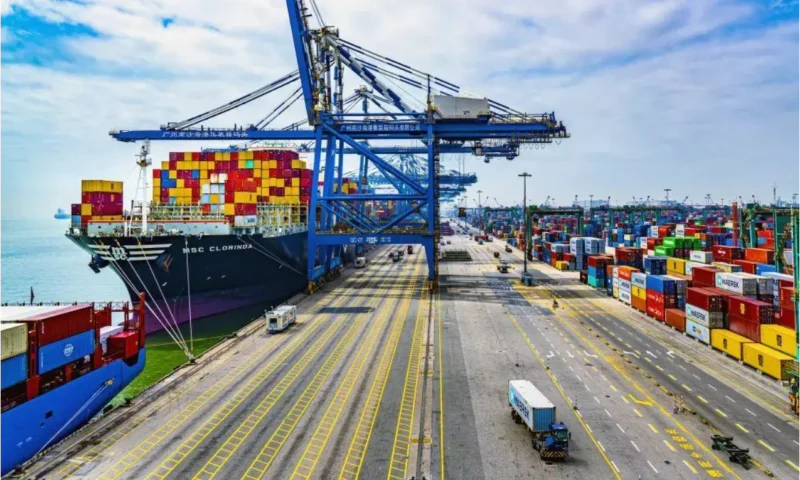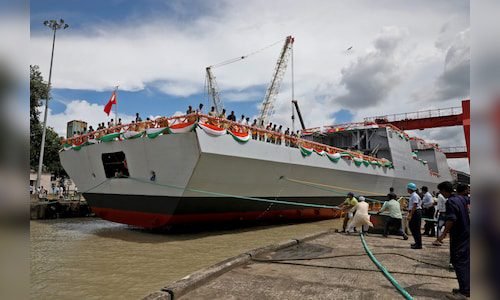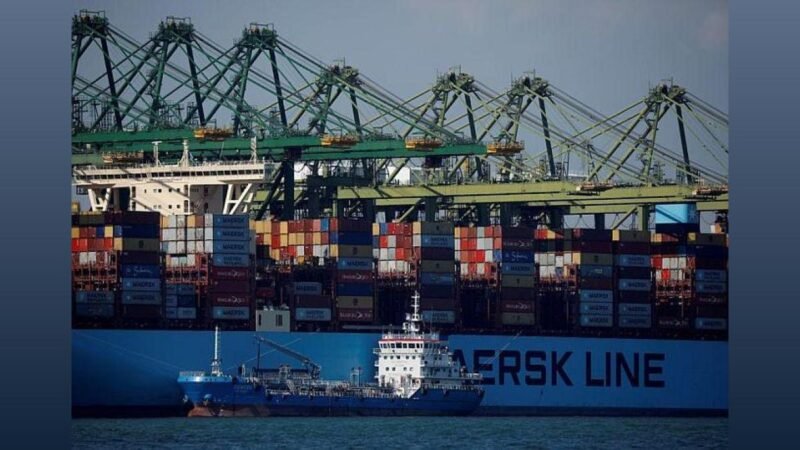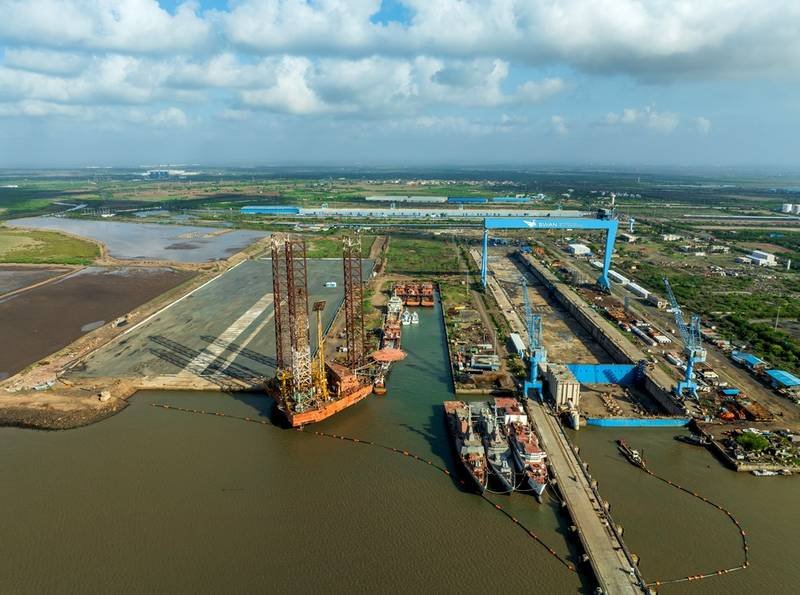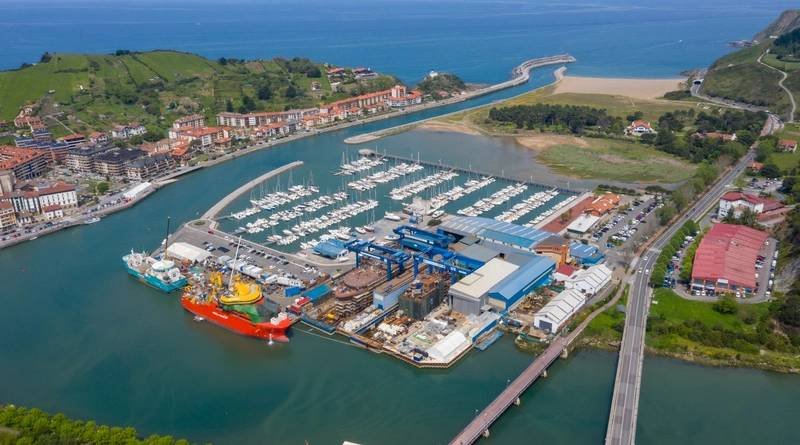Analysts have noted a significant increase in the construction of containerships in recent years, driven by both demand and the need to modernize aging fleets. Alphaliner, a prominent industry group, predicts that this trend is unlikely to slow down, as carriers face pressure to expand their fleets to meet capacity requirements and comply with environmental regulations. The orderbook for containership construction has reached record levels, with Alphaliner reporting that orders in terms of TEU capacity are at an all-time high. The Top 100 ranking of container shipping shows a total capacity of nearly 30.9 million TEU, with 7,125 active vessels representing 366 million dwt.
Despite the overall slowdown in shipbuilding orders, the containership sector remains strong, with the Top 10 ocean carriers alone placing orders for 431 containerships. Alphaliner highlights the building spree among the largest container carriers, with current orders representing 5.9 million TEU among the Top 10 carriers. The ongoing fleet renewal is a key driver behind the continued orders, as some carriers need new tonnage to rejuvenate their fleets. Alphaliner notes that among the Top 10 carriers, approximately 18 percent of vessels are 20 years or older, with a combined capacity of 2.6 million TEU.
The surge in orders is also attributed to carriers’ ambitions to increase vessel efficiency and utilize alternative fuels such as LNG or methanol to reduce CO2 emissions per container over a given distance. Alphaliner emphasizes the importance of fleet renewal in reducing emissions and improving efficiency, as older vessels are less environmentally friendly and less cost-effective to operate. Major carriers like MSC and Maersk have been actively renewing their fleets, with plans to add new vessels and retire older ones to enhance their operational capabilities and sustainability efforts.


